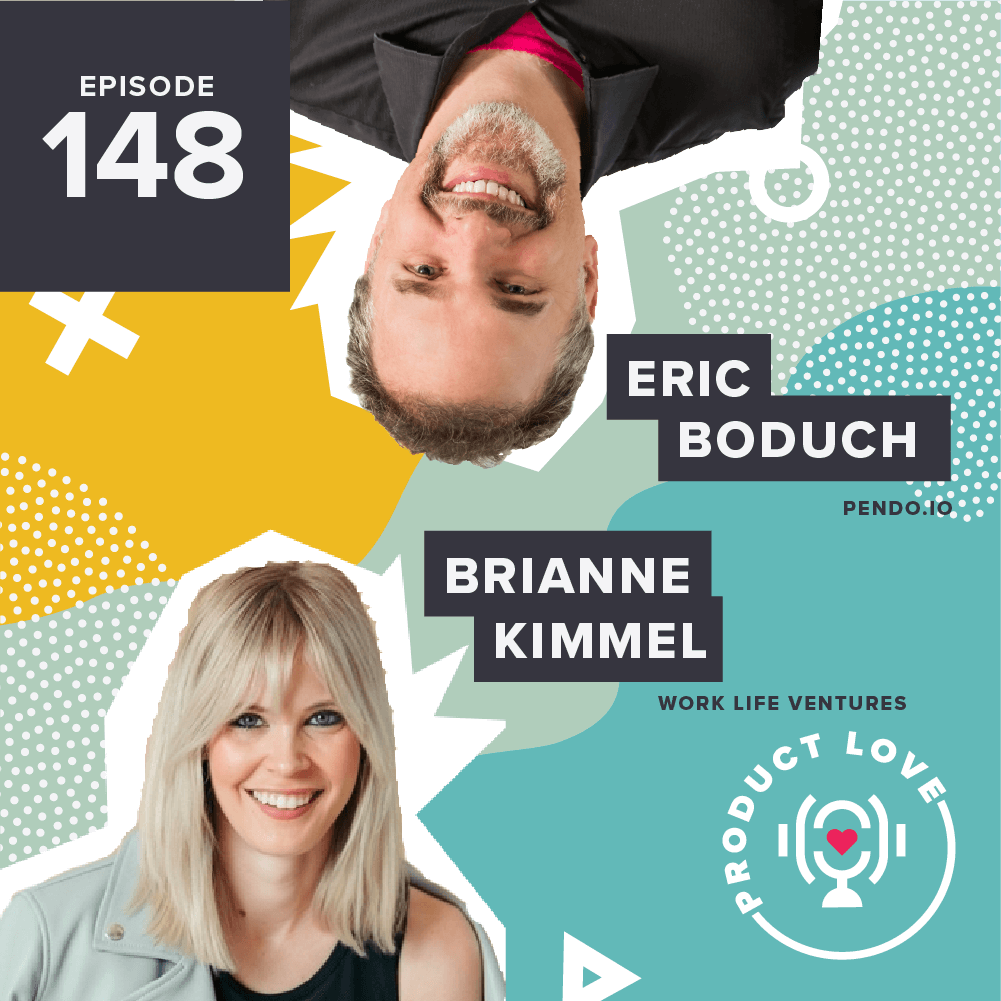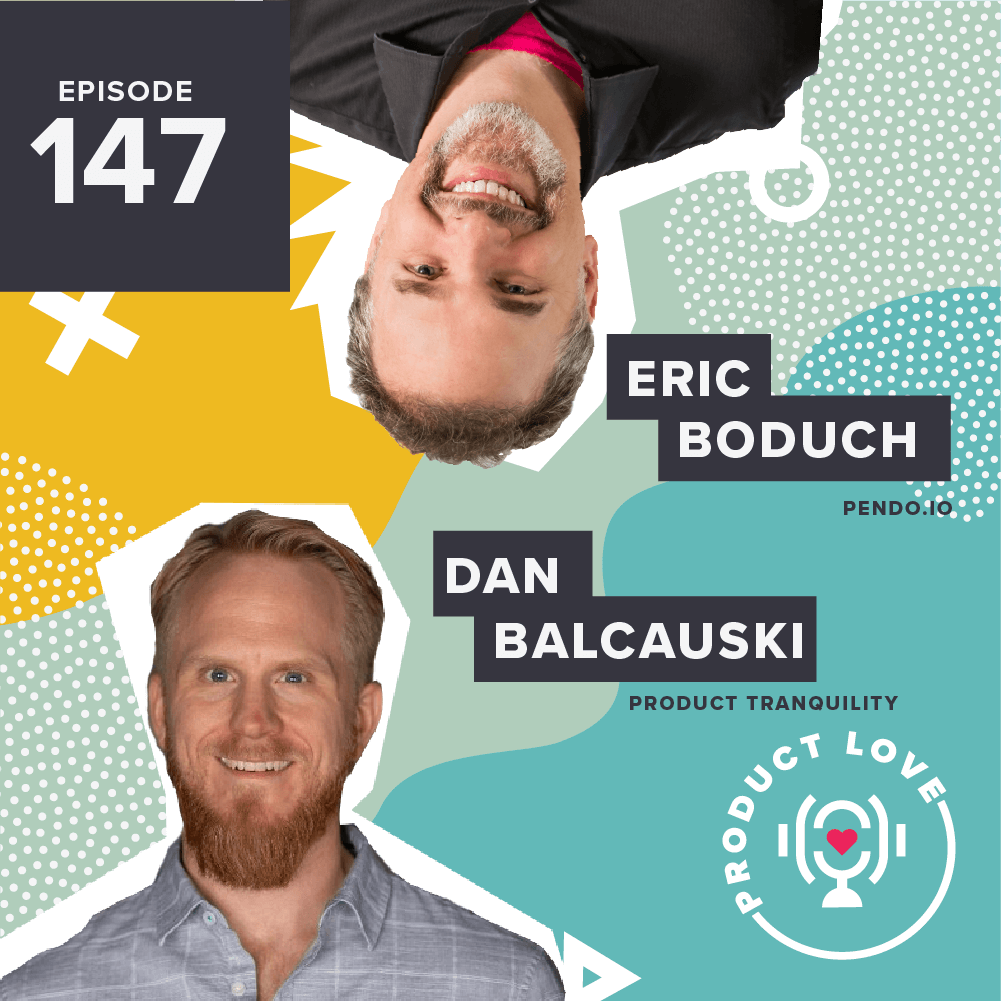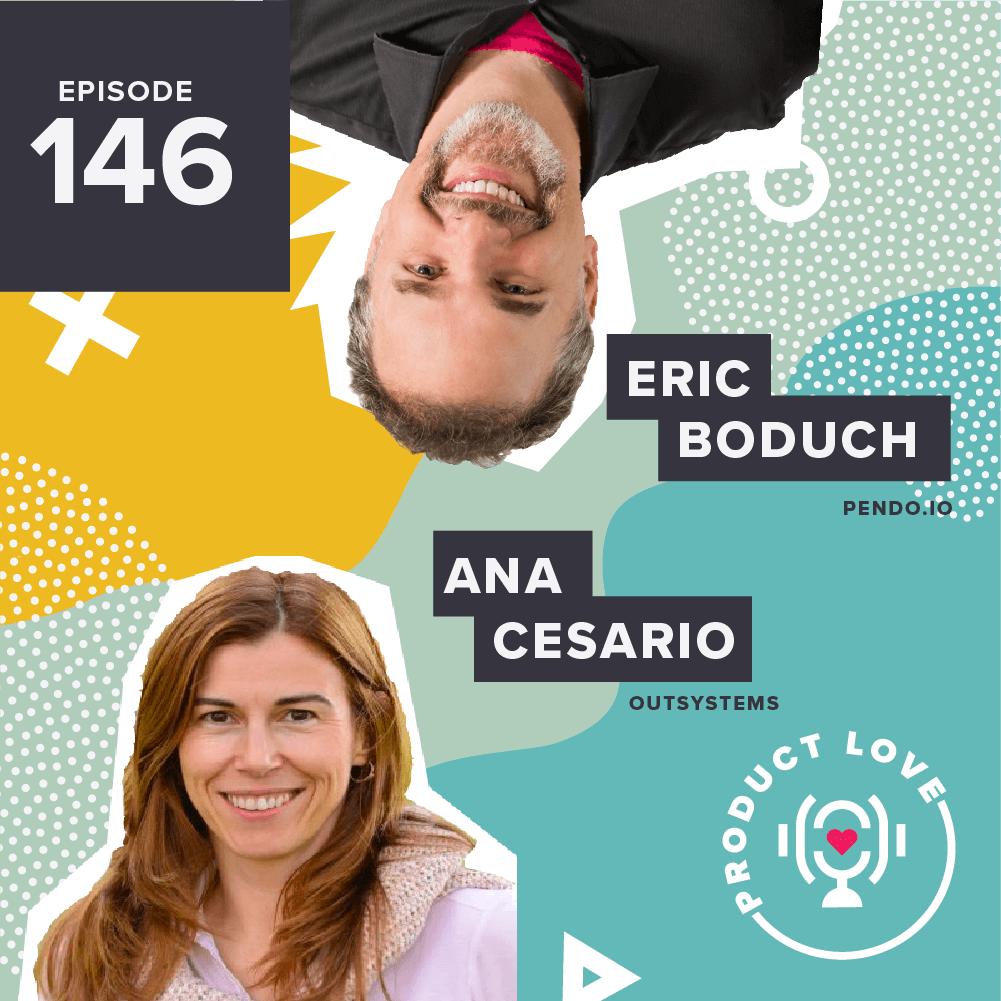This week on Product Love, I talked to one of the first bloggers in the world. Really. Michael Sippey, the VP of Product at Medium, started writing online in 1995 with a blog called “Stating The Obvious.” He is also the former VP of Product at Twitter and CEO of TalkShow Industries. It makes sense that one of the earliest writers on the web would end up at Medium, an online publishing platform.
On this week’s episode, we talk about how PMs need to be cognizant of the entire user experience and why product managers could actually be called product scientists.
The User Is the Center of the Experience
Michael thinks there’s a lot of interesting things happening in the connected devices space. Think AirPods, Google Home, or Alexa.
AirPods look simple, but the product decisions behind them are very sophisticated. They turn on when you stick them into your ears, they transition easily between music and phone calls, and you can turn them off with an easy double tap. The AirPods product team likely conducted lots of product discovery testing to make them so easy to use.
Michael says this trend will push product managers to focus even more on the end user and their context/environment. Nowadays, user experiences must go beyond customer satisfaction. Put users at the center of the experience — understand their motivation, identify their distractions, and even let them fumble around with your product.
Michael admits it’s difficult to get a deep level of consumer insight. You have to think about being a great product manager for a wide variety of competing experiences.
Product Managers or Product Scientists?
Michael believes that product management is basically just hypothesis testing. For example, the most popular type is the theory of change — if you do X, it will lead to Y. Then you test that hypothesis.
Michael works with product managers on creating hypotheses that are logically consistent, backed with data, and truly impactful. Hypotheses are only strong if they’re linked to an actual problem and if the outcome would lead to a meaningful solution.
Experiments take a lot of development time, so the hypothesis has to be worth it. Michael likens product managers to product scientists, as they are essentially doing tests about what they observe in the world.
Check out this week’s episode to learn out why Michael believes that we should ask, “What could go wrong?” in meetings, and how the landscape of social media has changed from a product perspective. We also have a T-shirt and water bottle giveaway here.
Remember to leave us a review and subscribe to us on iTunes!


